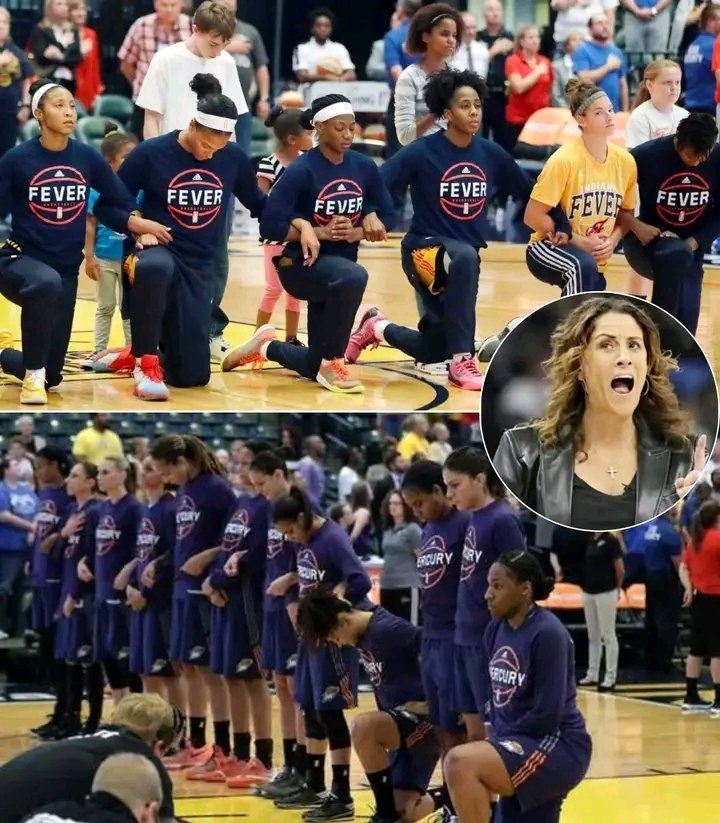
Given the intense reaction in Iowa and across the nation over Caitlin Clark’s exclusion from Team USA for the Paris Olympics, one might think the outcry is justified. However, there are three parties that likely don’t share in the outrage: Team USA’s coach, one of the twelve selected players, and Caitlin Clark herself. In many media discussions about her being “snubbed,” Clark often appears to be the most composed individual involved.
Coach Cheryl Reeve of the Minnesota Lynx, along with her assistants Mike Thibault of the Washington Mystics and Curt Miller of the Los Angeles Sparks, made the tough call to leave Clark off the roster. Had Clark been selected, it could have stirred up even more controversy. Media scrutiny would have dissected every moment Clark wasn’t on the court, every missed pass, and any mistake she made. This relentless focus would have caused additional stress for the coaching staff and the other players. Interestingly, the press hasn’t acknowledged that including Clark would mean excluding another talented player from the roster.
Clark’s talent is undeniable, with numerous accolades including back-to-back Naismith and Wooden awards. However, while she has dominated the college scene, she still has some way to go to match the professional achievements of her peers on Team USA. Meanwhile, Clark seems to welcome the break that the WNBA’s Olympic hiatus provides, enjoying a well-deserved respite from the relentless media spotlight that can be unforgiving at the slightest slip-up.
The twelve players selected for Team USA have all earned their spots, and the Olympic dream is as precious to them as it is to Clark. Had Clark been chosen, one of these professionals would have missed out on the experience, highlighting the difficult decisions coaches must make. Clark’s ability to handle this situation with maturity speaks volumes about her character and understanding of the sport’s dynamics.
Caitlin Clark’s journey at the University of Iowa and now with the Indiana Fever is marked by her poise and sportsmanship. She has managed to navigate the spotlight gracefully, often diffusing controversies that the media amplifies. Clark is well aware of the long history of discrimination that female athletes have faced, and she continues to champion their cause. Her professional accolades will likely grow, and future Olympic teams may very well see her representing the nation.
The media’s reaction to Clark’s exclusion contrasts sharply with its historical silence on more significant injustices, such as the exclusion of Black athletes from major sports leagues for decades. Women’s sports, in particular, suffered neglect, with women’s basketball relegated to the AIAW until the NCAA began supporting women’s sports in 1982. Clark is part of a broader movement that has advanced women’s sports, a continuation of the efforts of many who fought for recognition long before her time.
Dawn Staley, the head coach of the University of South Carolina, who defeated Iowa to win the NCAA championship, is among Clark’s admirers. Staley’s post-game remarks reflect the respect Clark has garnered: “I want to personally thank Caitlin Clark for lifting up our sport. She carried a heavy load for our sport… Caitlin Clark, you are one of the GOATs [Greatest Of All Time] of our game. We appreciate you.”
Despite the headlines, it’s clear that Caitlin Clark’s influence on basketball is profound and far from overlooked.




